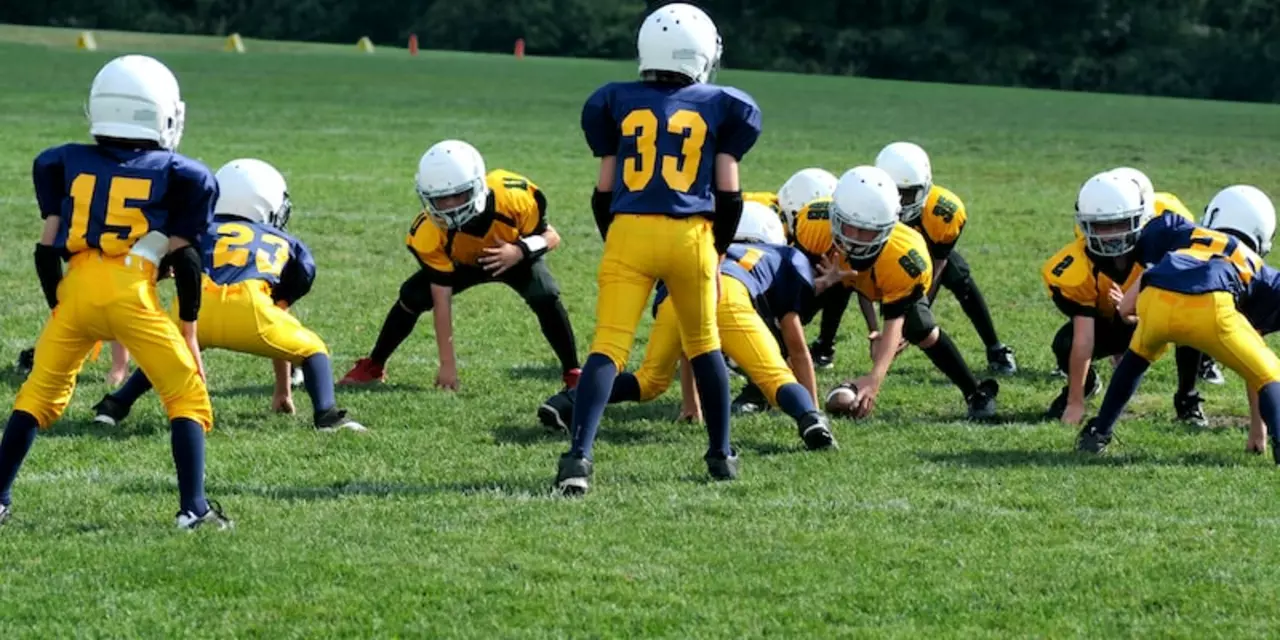Second Round Explained for Sports Fans
When talking about the second round, the stage that follows the opening matches in a tournament and often decides who moves on to the deeper rounds. Also known as the round of 16, it sits right after the initial group play and before the quarter‑finals. This knockout stage, a format where a single loss eliminates a team usually brings higher stakes, tighter schedules, and more drama for fans. At the same time, the playoffs, the series of elimination games that crown a champion often begin to take shape, with teams jockeying for position. Successful navigation of the second round depends heavily on seeding, the process of ranking teams based on prior performance to determine match‑ups. Good seeding can give a side a more favorable opponent, while poor seeding may set up an early upset.
How the Second Round Shapes the Rest of the Competition
The second round isn’t just another set of games; it connects the early excitement of group stages with the high‑pressure atmosphere of later rounds. In a typical tournament, the second round requires clear seeding (Team A vs. Team B, Team C vs. Team D) to create balanced brackets. Those brackets influence betting odds, because bookmakers adjust their lines based on the perceived strength of each matchup. For example, a team that breezed through the first round may see its odds shorten when facing a higher‑seeded opponent. This relationship forms a semantic triple: "Second round requires seeding," "Seeding influences betting odds," and "Betting odds affect second round outcomes." Understanding these links helps fans predict surprises, like when a lower‑seeded side pulls off a shock victory and reshapes the bracket.
Beyond the numbers, the second round also fuels rivalries. When two clubs from the same city or region meet, the stakes double because local pride is on the line. Fans remember classic second‑round clashes where historic clubs faced off, creating memories that linger for years. Those stories often appear in our collection, showing how a single match can spark debates about team strategy, player fitness, and even officiating. By looking at past second‑round results, you can spot patterns — such as whether defensive teams tend to survive longer or if high‑scoring offenses dominate. These insights are useful whether you’re planning a betting slip, discussing tactics on a forum, or just bragging to friends.
Below you’ll find a curated mix of articles that dive into real‑world second‑round scenarios: from unexpected upsets in football leagues to the impact of weather‑related disruptions on knockout games, to expert takes on how betting odds shift after the first round. Each piece adds a layer to the bigger picture, giving you the background you need to enjoy the excitement of the next fixtures. Ready to see how the second round shapes tournaments across soccer, rugby, and beyond? Let’s jump in and explore the stories that illustrate these dynamics in action.
What does the 1st and 15th, or 2nd and 13th, mean in the NFL?

